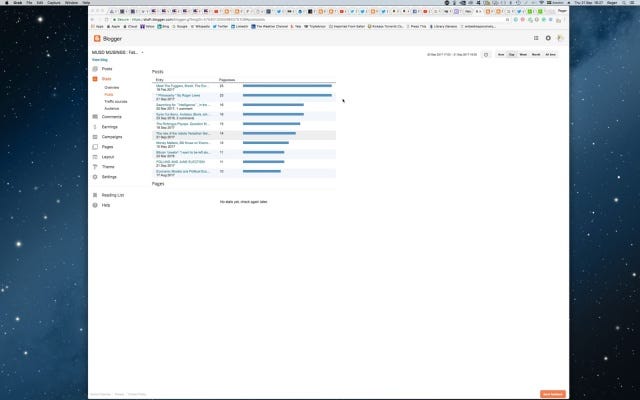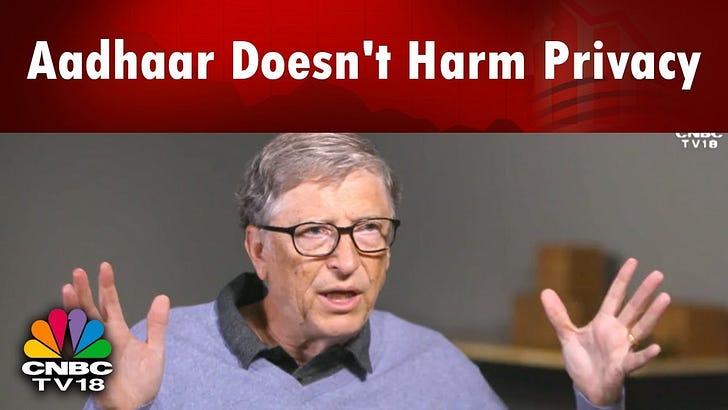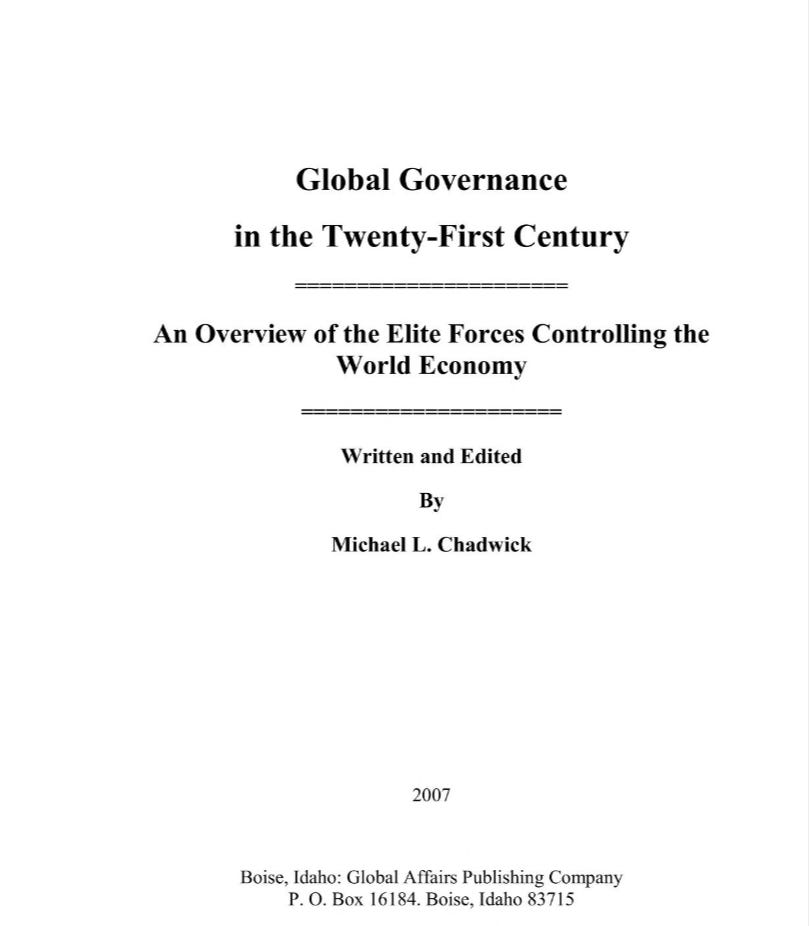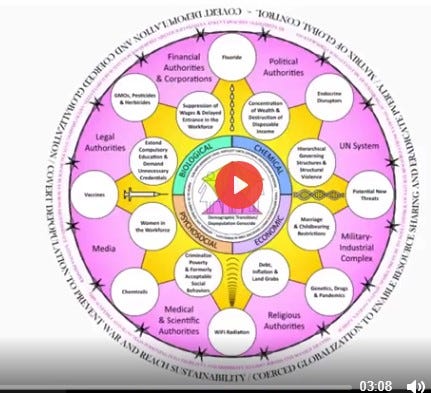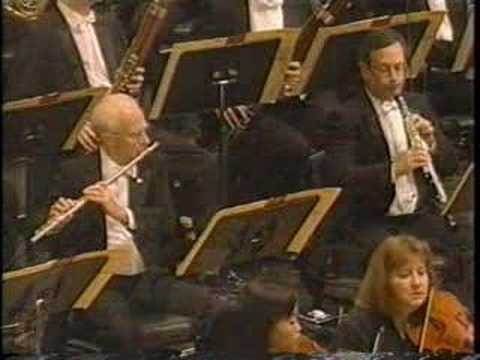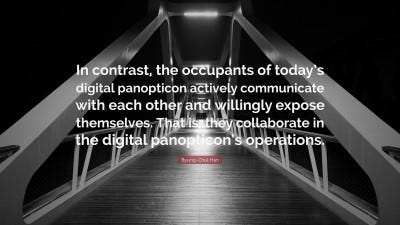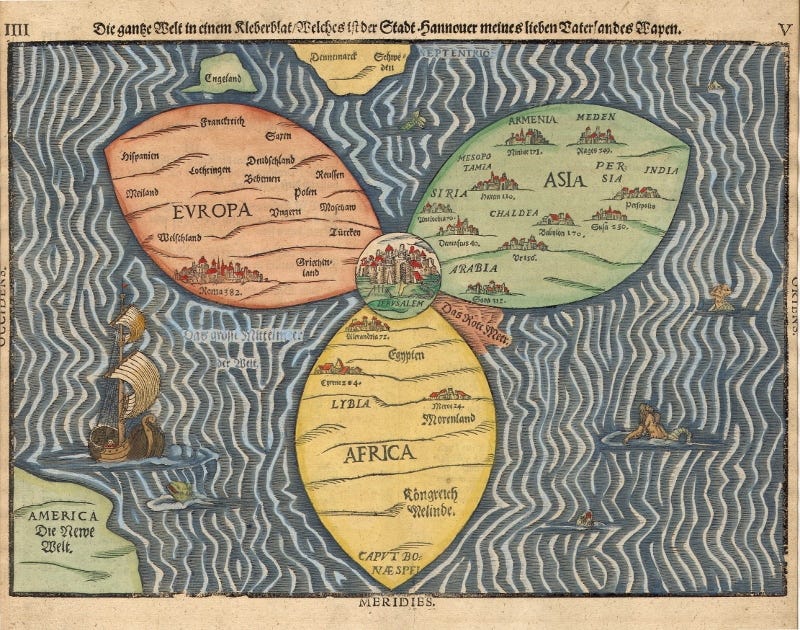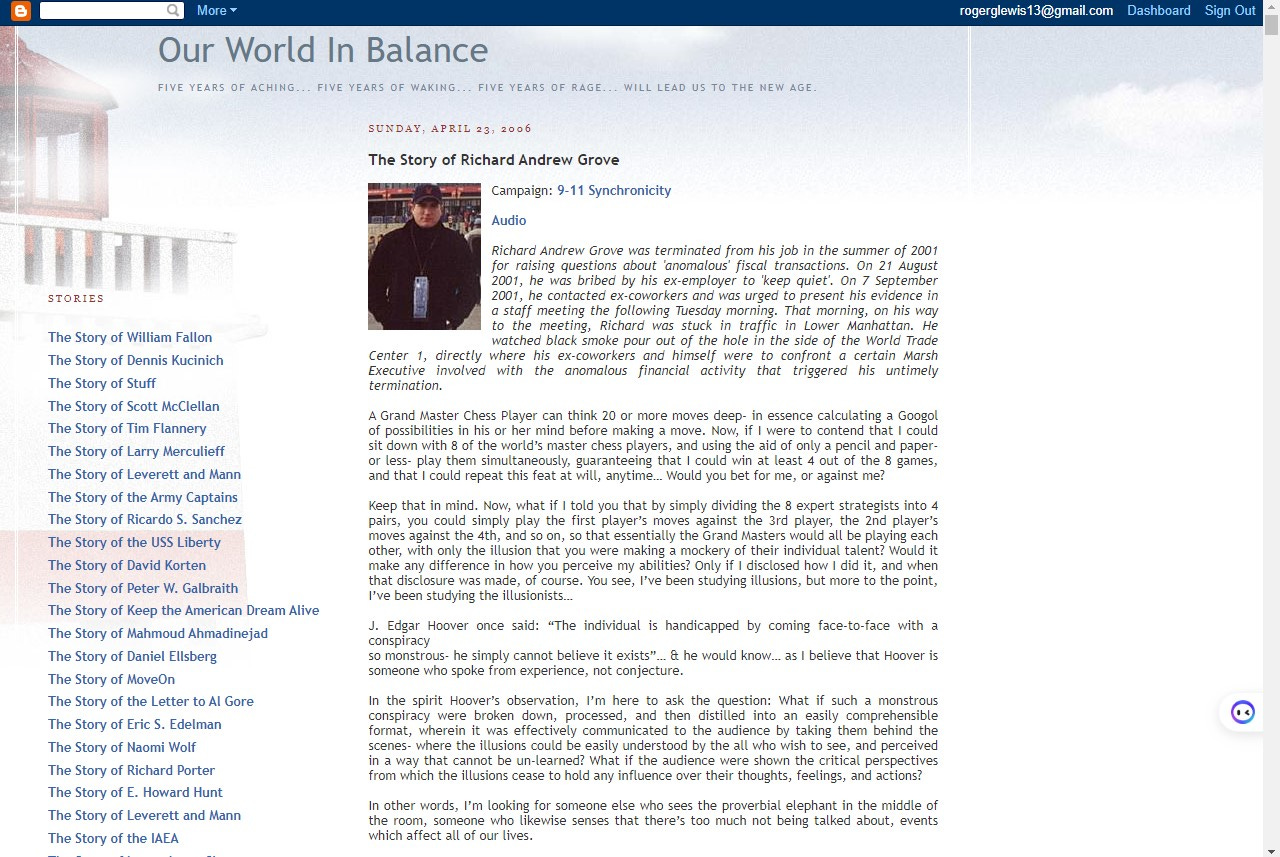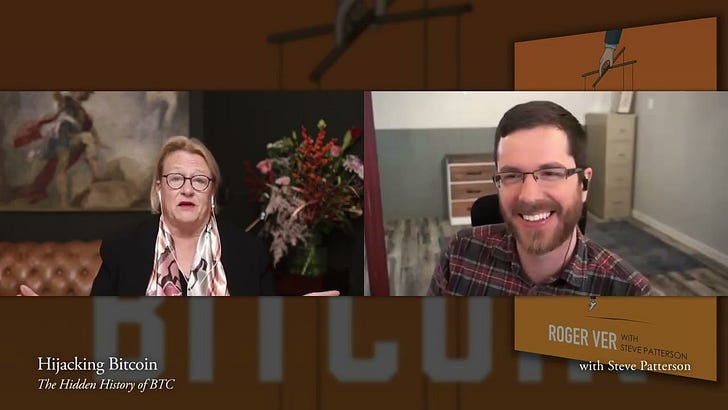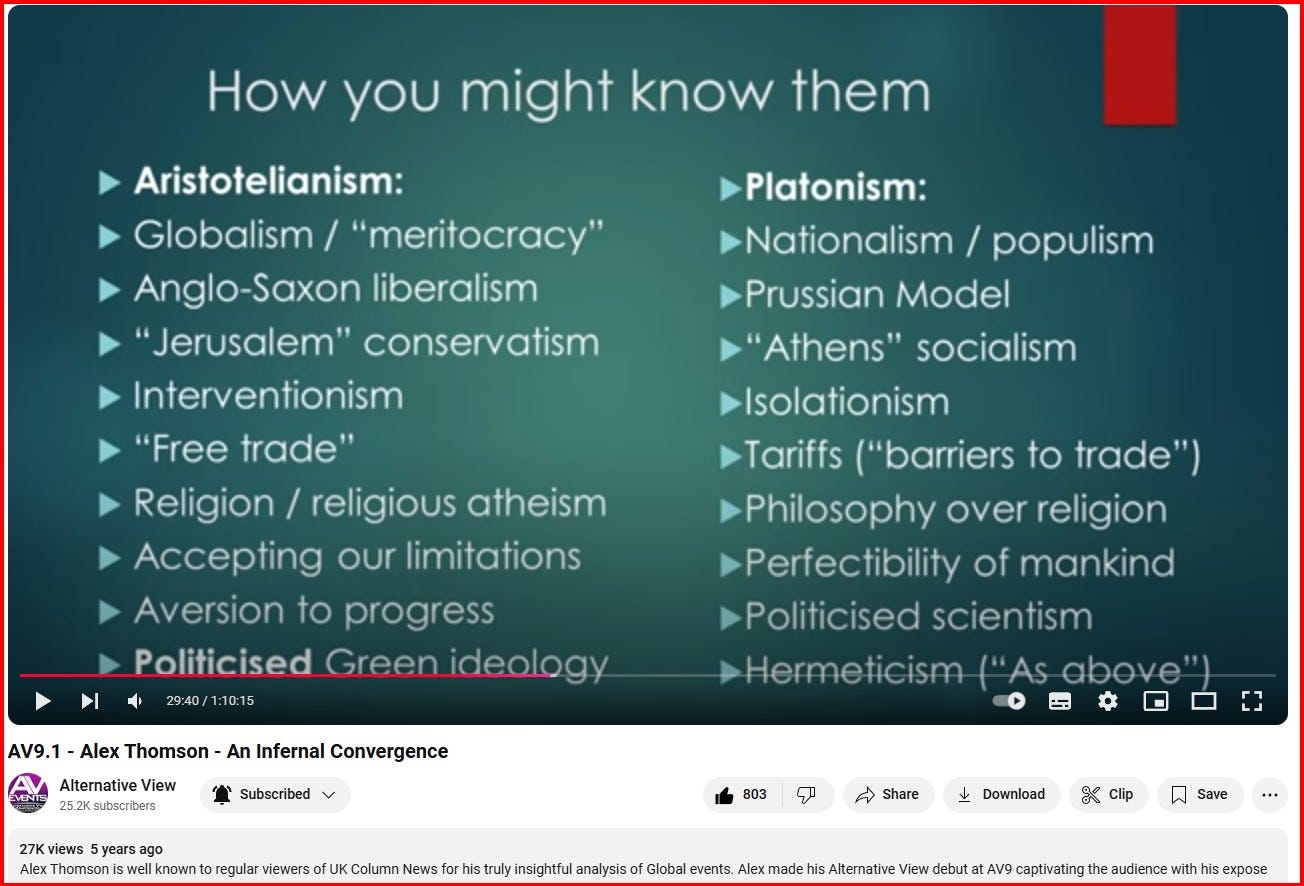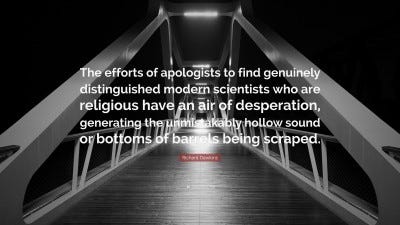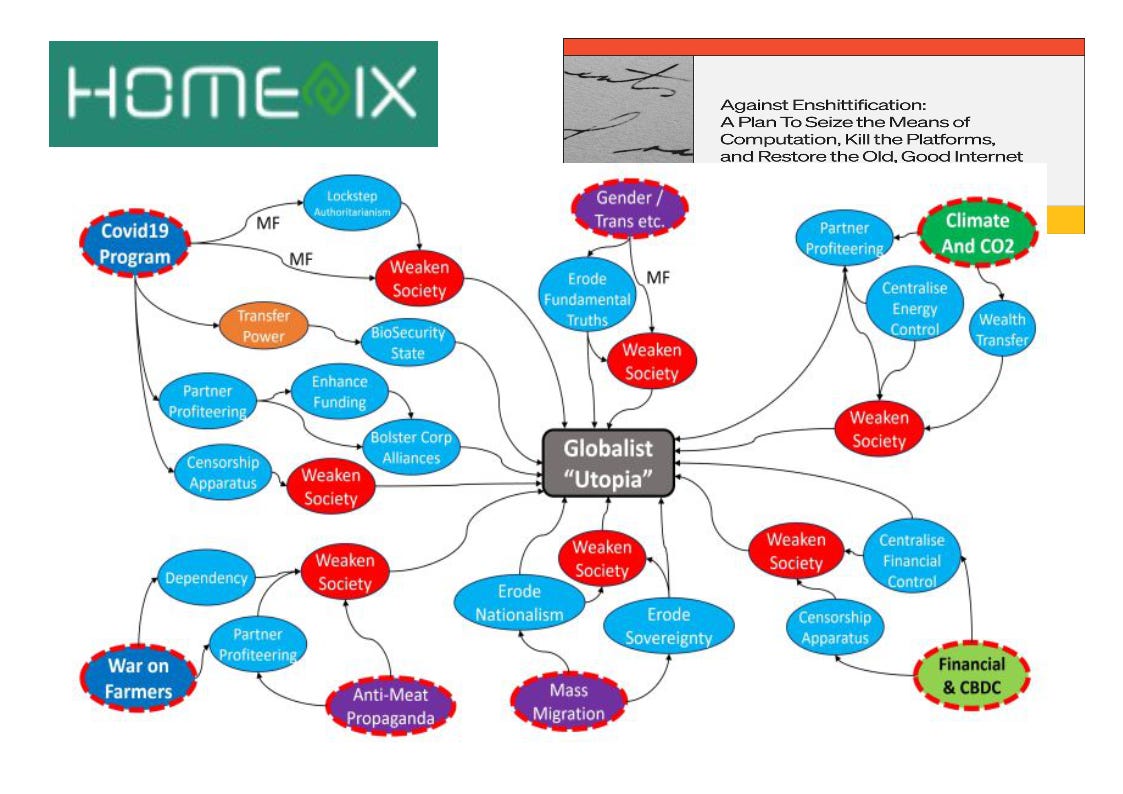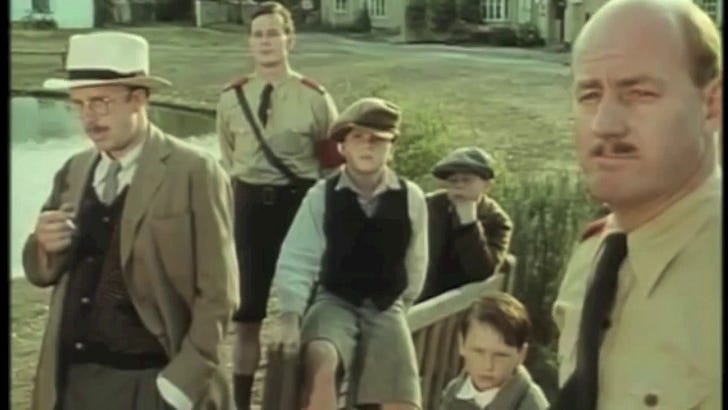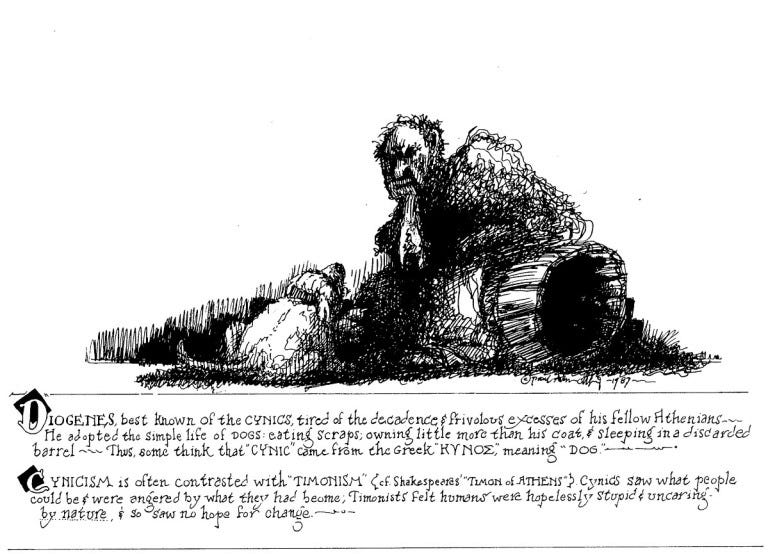Addicted to Distraction: Psychological consequences of the Mass Media
"Where Infinite Scrolling Meets Invisible Strings: A Chestertonian Tale of Modern Mind Control"
Addicted to Distraction: Psychological consequences of the Mass Media
"Where Infinite Scrolling Meets Invisible Strings: A Chestertonian Tale of Modern Mind Control"
Hashtags: #AttentionEconomy #DigitalDetox #ModernDistraction #MediaMonopoly #ConsciousnessCrisis #ThoughtRevolution #DigitalAwakening #MindfulResistance #ChestertonianWisdom #BlackRockEffect #VanguardVortex #MediaMatrix #AttentionRebellion #DeepThinking #UnpluggedWisdom #CorporateControl #MindfulResistance #GreatAwakening #MediaLiteracy #ConsciousLiving
Part 1: The Paradox of Modern Attention
In the curious manner that only our age could produce, we have become simultaneously more connected and more distracted than ever before. It is as if, to borrow Chesterton's wit, we have built ourselves a magnificent palace of infinite rooms, only to find ourselves perpetually lost in its corridors. The monopolistic nature of our modern media landscape, as revealed in Tim Gielen's remarkable exposition, shows us not merely the concentration of power but the concentration of distraction itself.
The great paradox lies in this: we believe ourselves to be more informed than any generation before us, yet we understand less. We swim in an ocean of information, yet die of thirst for wisdom. Bruce Charlton's insight that the mass media operates as a "self-sustaining techno-cultural system" echoes Chesterton's prescient warnings about the dangers of modernity, where progress might mean merely progressing toward our own destruction.
Consider the revelation that merely two companies - Vanguard and BlackRock - effectively control the majority of global media. This is not merely a matter of economic concentration but of attention concentration. They have become, in essence, the architects of our collective distraction, the master builders of what Charlton calls our "virtual world of willfulness and unreality."
The mass media, in its current form, operates like a vast machine for manufacturing consent through distraction. It is rather like a magician who, while drawing your attention to his right hand, performs the real trick with his left. The trick, in this case, is the gradual erosion of our capacity for sustained thought and genuine understanding.
What makes this particularly Chestertonian in its irony is that we have created this system ourselves, much like the man who builds his own prison and then complains about the view. We have willingly submitted to what Charlton describes as the "permanent revolution, permanent hysteria, and permanent chaos" of modern media consumption.
Part 2: The Cathedral of Chaos
There is something almost religious in our devotion to distraction, as if we have built a great cathedral to chaos itself. The institutional investors that Gielen reveals - these modern merchants in the temple of our attention - have created what Chesterton might have called "the church of perpetual interruption." Its liturgy is the endless scroll, its communion the constant consumption of content, its confession the daily social media post.
The peculiar genius of this system lies in its ability to make us believe we are thinking when we are merely reacting. As Charlton observes, the mass media doesn't simply distract us; it reconstructs our very mode of thought. We become, in essence, creatures of the medium itself, our consciousness shaped by its rhythms and demands. It is rather like a man who, having spent his life watching shadows on a cave wall, cannot comprehend that there might be a world of substance beyond the flickers.
The ownership structure that Gielen exposes - this pyramid of power culminating in entities like BlackRock and Vanguard - serves not merely as an economic arrangement but as a spiritual hierarchy. These are the new high priests of our attention, the architects of what Charlton calls our "techno-cultural system." They have built, with exquisite care, a machine for turning thought into throughput, wisdom into clicks, understanding into engagement.
Consider the delicious irony that in an age where we have access to more information than ever before, we seem to understand less about the world around us. This is not, as some might suggest, despite the mass media but because of it. The very abundance of information serves as a form of opacity, rather like trying to see through a window upon which someone is constantly throwing paint.
The mass media's true power lies not in what it tells us but in how it shapes our capacity to think at all. It is, as Charlton suggests, an addiction to distraction that fundamentally alters our psychological makeup. We become, in Chesterton's terms, "not only unable to think certain thoughts, but unable to think of thinking them."
Part 3: The Marketplace of Mindlessness
In the great bazaar of modern media, where attention is both currency and commodity, we find ourselves in what Chesterton might have called "the marketplace where nothing is sold but the selling itself." The revelation from Gielen's analysis that nine media conglomerates control 90% of international media presents us with a peculiar modern paradox: the illusion of choice masking the reality of monopoly.
What makes this marketplace particularly insidious is its pretense of democracy. We believe ourselves to be choosing freely among infinite options, when in fact we are merely selecting different flavors of the same manufactured distraction. It is rather like a man who believes himself to be traveling the world when he is merely walking in circles in his own garden.
Charlton's insight about the "permanent revolution" of media consciousness finds its perfect expression in the endless cycle of outrage, anxiety, and entertainment that characterizes our modern information diet. The great media conglomerates, owned by the same institutional investors, create what Chesterton might have termed "a circus of significance where everything is important and therefore nothing is."
Consider the curious fact that these media empires, while seemingly competing with each other, are ultimately owned by the same small group of institutional investors. It is as if we are watching a puppet show where all the puppets, though appearing to fight each other, are moved by the same handful of hands. The competition is real enough in its effects but artificial in its essence.
The marketplace of mindlessness operates on what Charlton identifies as the principle of perpetual distraction. It is not merely that we are distracted, but that we have become addicted to the very state of distraction itself. Like the habitual gambler who no longer plays to win but simply to keep playing, we consume media not for information but for the sensation of being informed.
This is perhaps the most Chestertonian aspect of our modern condition: that in seeking to know everything, we have become capable of knowing nothing well. The marketplace of mindlessness sells us not knowledge but the sensation of knowing, not understanding but the feeling of understanding, not wisdom but the appearance of wisdom.
Part 4: The Machine of Unreality
In what Chesterton might have called "the factory where reality is manufactured," we find ourselves confronting what Charlton describes as the "self-sustaining techno-cultural system." The machine of unreality, powered by the vast economic engines of BlackRock and Vanguard, produces not merely content but consciousness itself. It is rather like a dream factory where the dreamers have forgotten they are dreaming.
The World Economic Forum's "Great Reset," as documented in Gielen's analysis, represents perhaps the ultimate expression of this manufactured reality. Here we find the curious spectacle of the very architects of our global problems presenting themselves as the solution. It is, as Chesterton might have observed, rather like the arsonist offering to rebuild the house he has just burned down.
What makes this machine particularly effective is its ability to create what Charlton calls "a virtual world of willfulness and unreality" while simultaneously convincing us that this virtual world is more real than reality itself. The institutional investors who own our media companies are not merely selling us products; they are selling us perception itself. It is as if we have outsourced our very ability to see and understand the world to a handful of corporate entities.
Consider the remarkable fact that these same institutional investors who control our media also control our banks, our food supply, our technology, and even our medicines. This is not merely economic concentration; it is reality concentration. They have created what Chesterton might have termed "a monopoly on meaning itself."
The machine of unreality operates through what Charlton identifies as "permanent hysteria." It maintains its power not through force but through fear, not through censorship but through overwhelming abundance. We are not prevented from seeing the truth; we are simply too distracted to notice it. It is rather like being lost in a hall of mirrors where every reflection shows us what we want to see rather than what is.
This is perhaps the most insidious aspect of our modern condition: the machine of unreality has made us complicit in our own deception. We have become, in Charlton's terms, willing participants in our own distraction, eager consumers of our own confusion.
Part 5: The Way Out
Part 5: The Way Out
In what might be our age's greatest irony - one that would surely delight Chesterton - the very technology that imprisons us might also contain the seeds of our liberation. As Charlton suggests, and Gielen's documentary affirms, the first step toward freedom is the recognition of our chains. It is rather like a man who must first acknowledge he is in a maze before he can begin to find his way out.
The solution, paradoxically, lies not in seeking more information but in developing what Chesterton might have called "the art of seeing what is there." This requires what Charlton terms a "turning away from flickering images" - a modern version of Plato's prisoners leaving the cave. The difficulty lies not in the complexity of the task but in our addiction to the very distractions we must overcome.
Consider the curious fact that while we are more connected than ever before, we have become increasingly disconnected from reality itself. The ownership patterns revealed by Gielen show us that our apparent diversity of media sources is an illusion - rather like having a thousand windows that all look out upon the same carefully constructed view.
The way out begins with what Charlton calls "the recovery of attention." This is not merely a matter of reducing our media consumption but of fundamentally altering our relationship with information itself. It requires what Chesterton might have termed "the courage to be unfashionably focused" - to resist the constant pull of the next notification, the next crisis, the next distraction.
The great hope lies in what both Charlton and Gielen suggest: that the very system that seeks to distract us has become so obvious in its manipulations that it can no longer hide its own nature. The concentration of media ownership in the hands of a few institutional investors, far from being a source of despair, might actually serve as a wake-up call. It is rather like the magician whose tricks become visible once we know where to look.
The final irony, one that would surely have amused Chesterton, is that our salvation from distraction might come not through some new technology or system but through the simple act of paying attention to our attention itself. As Charlton suggests, we must become conscious of our consciousness, aware of our awareness, and in doing so, break free from the machine of perpetual distraction.
For in the end, the way out of our modern maze of media manipulation is not forward into some new digital utopia, but backward (and upward) into the fundamental human capacity for sustained attention, critical thought, and genuine understanding. It is, as Chesterton might have said, not a matter of finding new ways to be distracted, but of rediscovering old ways to be present.
The path to freedom lies not in consuming more media but in cultivating what Charlton calls "real thinking" - the kind that happens in silence, in solitude, and in sustained engagement with reality itself. For in the end, the greatest act of rebellion against our age of distraction might simply be the act of paying attention.
Hashtags: #AttentionEconomy #DigitalDetox #ModernDistraction #MediaMonopoly #ConsciousnessCrisis #ThougtRevolution #DigitalAwakening #MindfulResistance #ChestertonianWisdom #BlackRockEffect #VanguardVortex #MediaMatrix #AttentionRebellion #DeepThinking #UnpluggedWisdom #CorporateControl #MindfulResistance #GreatAwakening #MediaLiteracy #ConsciousLiving
September 13, 2019
Top Ten Posts Today and This Month. SEPT 2018, A Year is a long time in Hyperland. ( Or is it?)#GrubSTreetJornal #Wiki_Ballot
Top Posts & Pages
The rise of the robots Versatran Series F!. UBI its Black and White.
Gatekeepers , Foundations and Democracy.Usefull Idiot School.
the Rise of Feudal Techno-Rationing Systems
Feb 22, 2024 •
23
The Manifesto of the Trilateral World Fascist Party.
Michael L Chadwick documented archive, Tragedy and Hope updated.
May 16, 2024 •
6
INTERNATIONAL SYSTEM OF DEPOPULATION GLOBALIZATION EXPLAINED BY K. GALALAE
Feb 6, 2024 •
3
Black Nobility Bringers of Usury against Gods Law.
May 23, 2024 •
4
Feb 9, 2024 •
4
Jan 7, 2024 •
2
5G Buntings Clover Leaf MacKinder's World Island.
Dec 10, 2024 •
3
Insider Trading before 9/11 Clue investigate insider dealing before Covid?
Richard Andrew Grove , Grand Theft World Podcast.
Mar 12, 2024 •
3
Some Historical Roger Lewis Posts.PART 1
Dec 20, 2024 •
2
The Oligarchical protocols of Build Back Better
Usury Hells Fuel and Mans Oppressor #ConquestOfDough
May 22, 2024 •
3
“Ceterum censeo Carthaginem esse delendam”, nihil sub sole novum.
Dec 14, 2024 •
3
The Panoptican Jailer Bot (PJB)
Jan 28, 2024 •
3
Sit Rep Special, Re-Occupy The Establishment
Apr 6, 2024 •
2
ELON MUSK Links to technocracy.
The Technocratic Tyranny. Meet The New Boss Same as the Old Boss, Don't Get fooled Again!
Jan 4 •
2
deterministic judges of future crime, serving as a metaphor for analytic prediction,
Jan 23, 2024 •
2
Trumps He Wins , Tails you Lose, Heads are Lost
Jul 18, 2024 •
2
Pivot to Iran, 1979 all over again. Trump and the Neo Cons.
The Finance Oligarchy Plays its "Trump Card"
Apr 7 •
2
5G Buntings Clover Leaf MacKinder's World Island.
Feb 21, 2024 •
2
They. "The Heirarchy That enslave you"The Metaphysics of "THEY"
They? an answer to Timonist nihilism
Jun 29, 2024 •
2
John Ward "The Slog" on Hyperland
Two of Grub streets favourites in Conversation with Ian Stroud.
Jun 28, 2024 •
https://rumble.com/vrxm15-monopoly-who-owns-the-world-by-tim-gielen-english-subs.html
Bitchute can no longer be viewed in The UK , it can in Sweden.
A pause for thought about curated narratives.Brendon O Connell 111.
5G Buntings Clover Leaf MacKinder's World Island.
Feb 21, 2024 •
2
Brendon O’Connell 111.
Check him out







